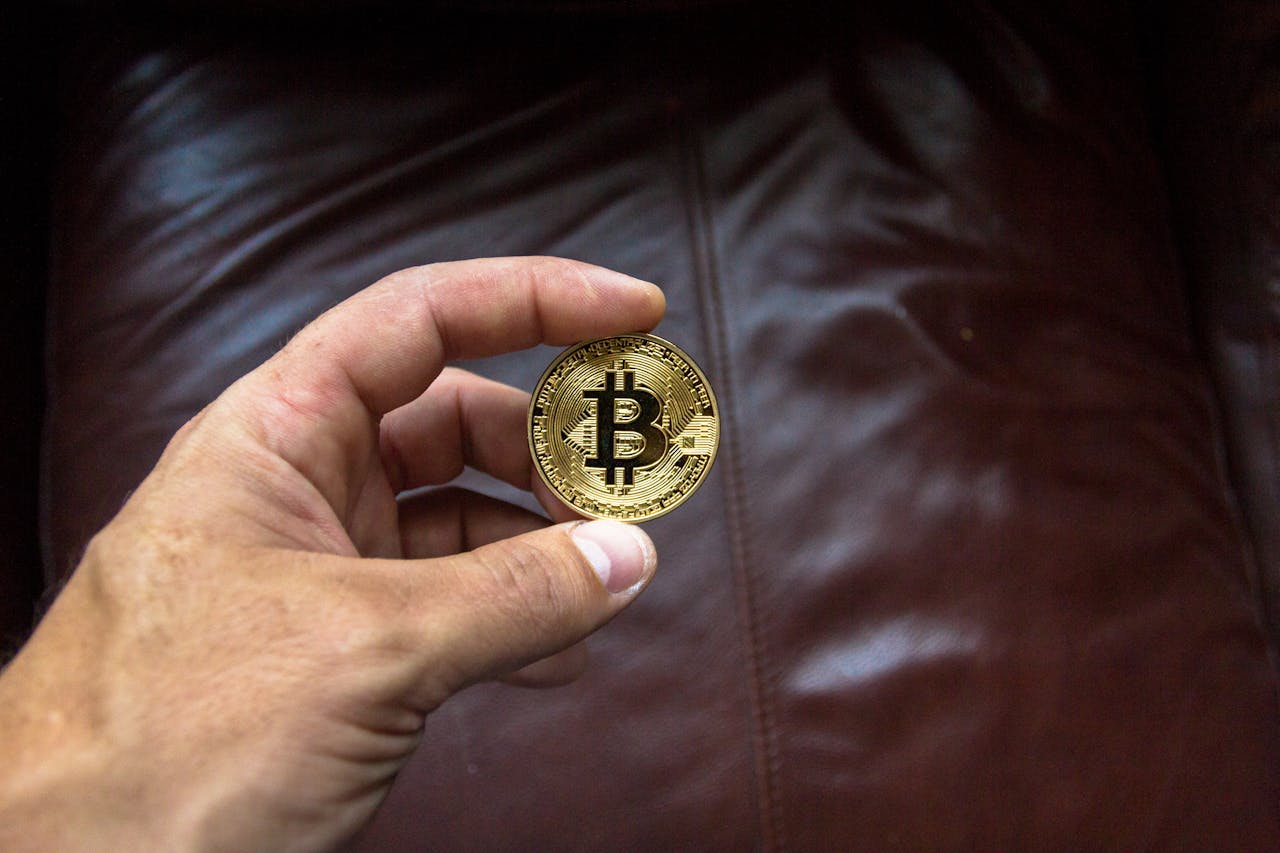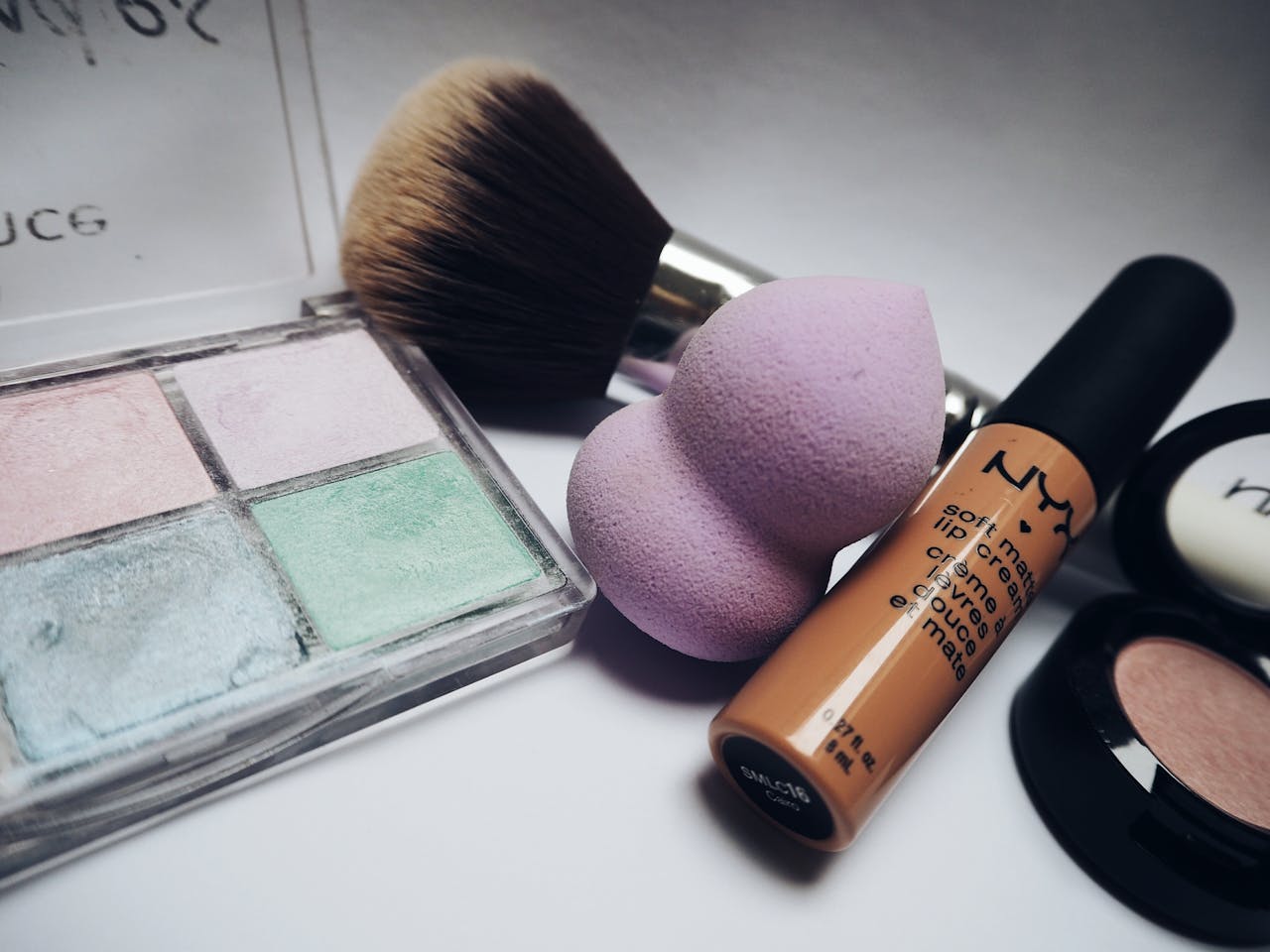

Holding the third-highest position of purchasing power, Malaysia is an upper-middle-income economy with a forecast of USD 2.8 billion healthcare expenditure by 2028. The category consists of medical and dental equipment, pharmaceutical goods, medical and surgical gloves, and other medical products necessary to run the country's leading industry.
Currently, Malaysia possesses a tight-knitted relationship with Europe--specifically Germany and the United Kingdom--primarily due to their medical transactions.
The United States also plays an integral part as the country's leading supplier of medical instruments and appliances such as oscilloscopes and spectrum analyzers.
However, Australia, Japan, China, and South Korea are gaining significant attention to collaborate deeper with Malaysia's rapidly growing healthcare sector.

The widening attraction also stems from the country's increasing healthcare budget spending of 4.3 percent annually, albeit 2021 saw budget cuts across almost all healthcare dimensions, including pharmacy and consumer health products.
Psychiatric, mental health, respiratory, and general medicines also experienced significant amounts ranging from 9 to 14 percent annually. However, the most severe budget cuts are designed for radiotherapy, oncology, and cardiothoracic pharmacy, which saw a 58 to 78 percent trim.
The budget cuts allocate its spare for COVID-19 handle measures, as the government determined additional funding for pneumococcal vaccination program is necessary to access the currently unscathed 500,000 children.
The country has spared USD 21 million alongside USD 1.4 million for the procurement of biologic medicine needed to ease the process of COVID-19-induced side effects and diseases. Additionally, USD 6 million is set aside for home-based treatments to avoid hospital overcrowding as uncertainties regarding COVID-19 new variants linger.
Malaysia closed 2021 with a restructuration of the National Development Scheme's budget, consisting of a USD 3.3 million revision to help recover the domestic supply chain and improve the production of locally produced medical devices.
The funding will be used as a part of the country's public-private healthcare sector cooperation to push the journey towards COVID-19 recovery and prioritize Malaysia becoming a health tourism destination as the long-term plan.
Looking at healthcare tourism as its focal point, Malaysia is prioritizing cardiology, oncology, fertility treatment, and hospital partnerships as the foundational stepping stone as the country develops appropriate infrastructure to welcome foreign visitors looking for high-quality and accessible services in Southeast Asia.
In recent years, aesthetic medicine and procedures to alter physical appearance have also gained substantial interest, positioning them as the highlight of Malaysia's healthcare development plan towards its long-term vision.
The government has expressed its mission to open opportunities to construct health facilities and ICT integration in healthcare practices for private and foreign collaborations. The active cooperation from private players would further help reduce the country's healthcare burden during its approach to contain the pandemic.
The interference of private players in Malaysia's core healthcare services has been showing for a while, especially during the country's COVID-19 infection rate peak; private healthcare providers took some of the government's burden to care for more affluent and upper-class patients looking for more expensive treatments for their recovery program.

The Latest Developments in Cryptocurrency Adoption in SEA
The cryptocurrency market in Southeast Asia (SEA) has seen exponential growth in recent years. The revenue of cryptocurrency in the region was around USD 1,384 million in 2023 and is expected to grow by USD 1 million in the next four years. Countries like Indonesia, Singapore, and the Philippines are at the forefront of this digital revolution. The region's young, tech-savvy population, coupled with increasing internet penetration, has created a fertile ground for the adoption of cryptocurrencies. Currently, the crypto market in SEA is valued at several billion dollars, with projections indicating continued growth.

An Overview of the Halal Cosmetics Market in Malaysia
The halal cosmetics market in Malaysia has been experiencing significant growth. It is driven by a combination of increasing consumer awareness, government support, and the rising demand for halal-certified products among both Muslim and non-Muslim consumers.

How Digital Marketing is Transforming the Automotive Lubricants Market in Southeast Asia
In recent years, digital marketing has emerged as a transformative force in the Southeast Asian (SEA) automotive lubricants market. The region's rapidly growing internet penetration and increasing smartphone usage have created fertile ground for innovative digital strategies. This evolution is reshaping how companies engage with customers and streamline their operations, offering numerous opportunities for growth and efficiency.

Exploring New Business Models for a Sustainable Future
Transitioning towards new sustainability business models can help companies drive positive change and contribute to a more sustainable future.